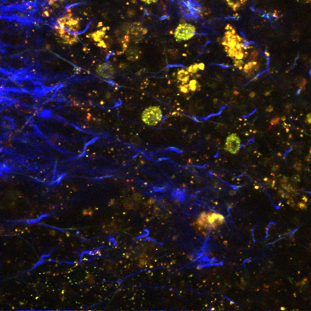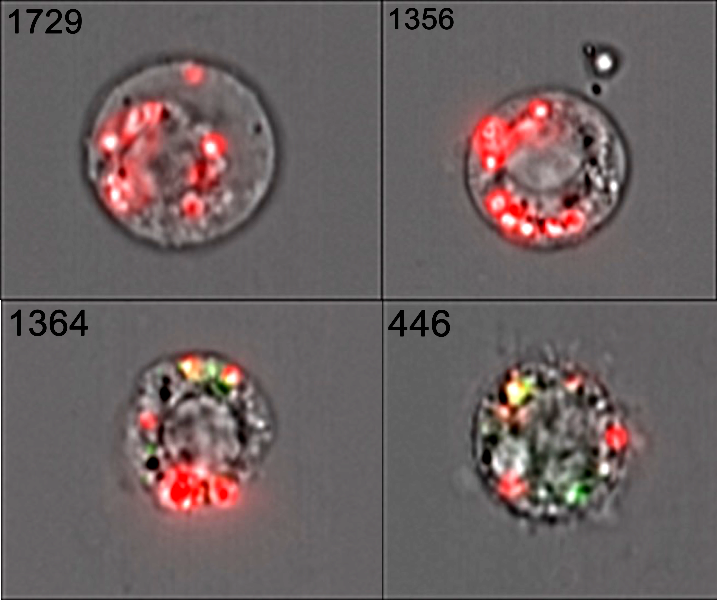Immune Cells as Specialized Drug Delivery Carriers
Cancer Nanotechnology has led to many advancements in the way we diagnose and treat cancer. Encapsulating drugs in nanoparticles extends the circulation time of the drug, facilitates tunable time release, enables the ability to deliver drugs in combination. However, despite all of the advancements in nanotechnology, accurate localization and reduce toxicity are still the main challenges in drug and gene delivery.
We have made great advances using human design of nanoparticles, but why not borrow from nature? immune cells accumulate in regions of inflammation at way higher rates than any nanoparticle alone we can formulate. If immune cells are already traveling to cancer, so why not add drugs or genes as an extra passenger?
Our immune system presents the most extensive therapeutic delivery system that we possess. Nanoparticles alone cannot none surpass the natural ability of immune cells to penetrate difficult barriers such as the blood brain barrier, to reach past the fibrotic perimeter of a tumor, the ability to actively migrate and accumulate in diseased regions which is particularly useful in the turbulent and filtering environment of the bloodstream. The field of cell-based therapies is just emerging and spans multiple disciplines: immunology, drug delivery, biomaterials, and cancer.
The goal of my research is to use nanomedicine to manipulate the natural behavior of immune cells for delivery of therapeutics delivery.
invitro 3D Tumor Spheroid Models
We use 3D tumor spheroids to mimic the tumor environment. This helps us understand how drug and gene release occurs from immune cells to target cancer cells.
In vivo imaging of immune cells in action
We use intravital imaging to capture the spatial and temporal progressive of our immune cell drug carriers to organs of disease.
characterization of nanoparticle carrying immune cells
We optimize the nanoparticle loading conditions of immune cells using immortalized and primary, patient derived immune cells


